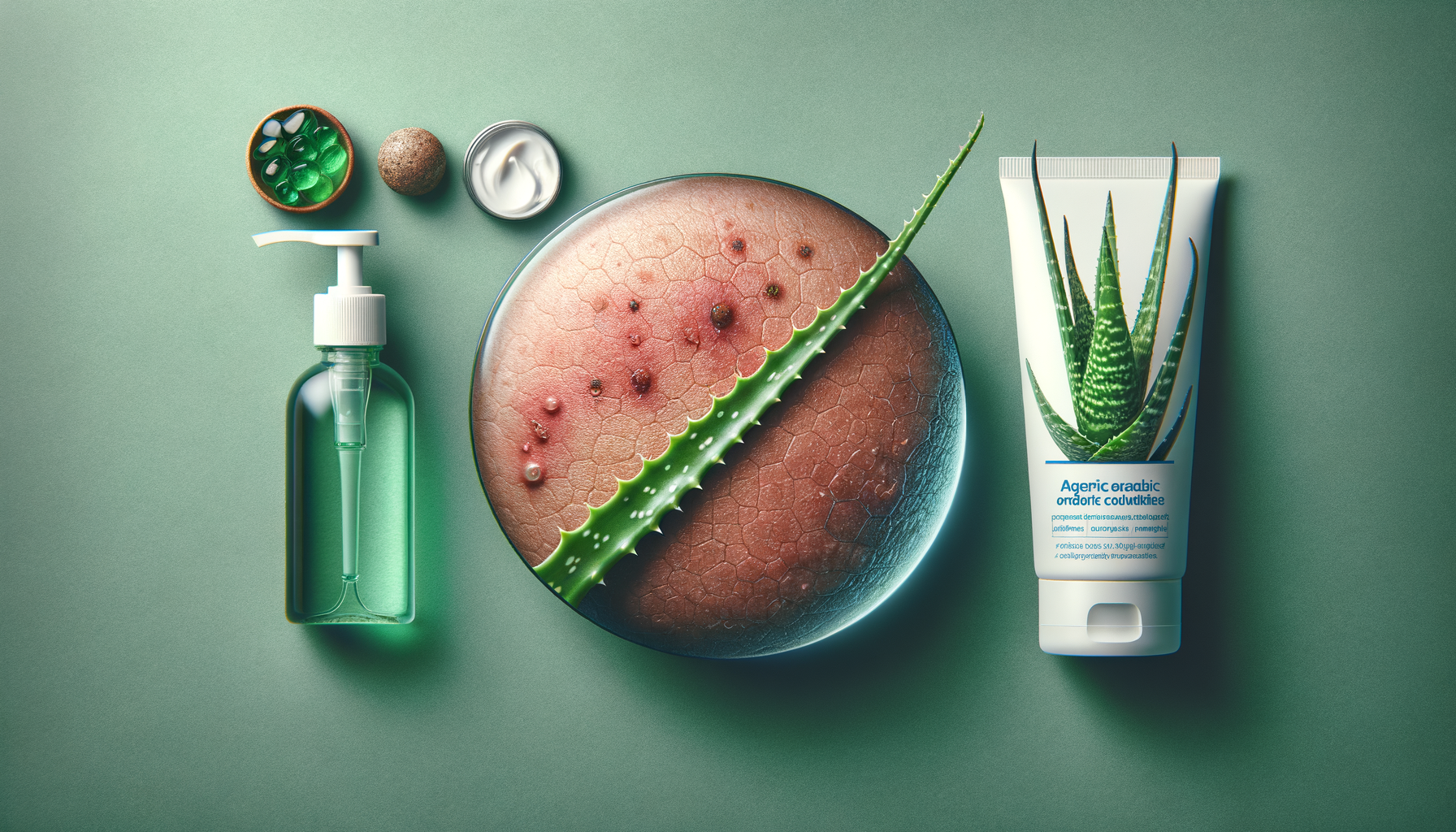
Itchy Skin solutions: your guide
Understanding the Causes of Itchy Skin
Itchy skin, medically known as pruritus, is a common condition that affects people of all ages. It can be caused by a variety of factors, ranging from dry skin and allergic reactions to more serious underlying health issues. Understanding the root cause of the itch is crucial for effective treatment. Common causes include:
- Dry skin: Often exacerbated by cold weather or low humidity.
- Allergic reactions: Triggered by exposure to allergens such as pollen, pet dander, or certain foods.
- Skin conditions: Such as eczema, psoriasis, or dermatitis.
- Internal diseases: Including liver disease, kidney failure, or thyroid problems.
Identifying the underlying cause can help in choosing the appropriate remedy and preventing future occurrences.
Common Symptoms and When to Seek Help
While itchy skin can be a minor annoyance, it can also be a sign of a more serious condition. Symptoms associated with itchy skin include redness, bumps, blisters, dry or cracked skin, and sometimes, an intense urge to scratch. Persistent itching that doesn’t improve with self-care measures may require medical attention. It’s important to consult a healthcare provider if:
- The itch lasts more than two weeks and doesn’t improve with home remedies.
- It affects your entire body.
- Other symptoms such as weight loss, fever, or night sweats accompany the itch.
- The itch is severe and interferes with daily activities or sleep.
Seeking professional advice ensures that any underlying conditions are addressed promptly.
Effective Home Remedies for Itchy Skin
For mild cases of itchy skin, several home remedies can provide relief. These remedies are often simple and involve ingredients commonly found in most households. Some effective home treatments include:
- Moisturizing: Regularly applying a high-quality moisturizer can help soothe dry skin.
- Oatmeal baths: Colloidal oatmeal can be added to bathwater to relieve itching.
- Cool compresses: Applying a damp, cool cloth to the affected area can reduce itching.
- Aloe vera: Known for its soothing properties, aloe vera gel can be applied directly to the skin.
These remedies can be particularly effective for managing itchiness caused by dry skin or minor irritations.
Over-the-Counter Treatments and Their Benefits
When home remedies fall short, over-the-counter (OTC) treatments can be a viable option for managing itchy skin. These treatments are readily available and can offer quick relief. Common OTC options include:
- Antihistamines: Useful for itchiness caused by allergies.
- Hydrocortisone cream: Helps reduce inflammation and itching.
- Calamine lotion: Provides a cooling effect and reduces irritation.
- Antipruritic creams: Specifically formulated to relieve itching.
While OTC treatments can be effective, it’s essential to follow the instructions and consult a pharmacist or doctor if symptoms persist.
Preventive Measures to Avoid Itchy Skin
Prevention is often the best approach when it comes to managing itchy skin. By adopting certain habits and making lifestyle changes, you can reduce the likelihood of experiencing itchy skin. Consider the following preventive measures:
- Maintain skin hydration by using moisturizers regularly.
- Avoid hot showers, which can strip the skin of natural oils.
- Wear loose, breathable clothing to minimize irritation.
- Identify and avoid known allergens or irritants.
By incorporating these habits into your daily routine, you can minimize the risk of developing itchy skin and maintain overall skin health.


